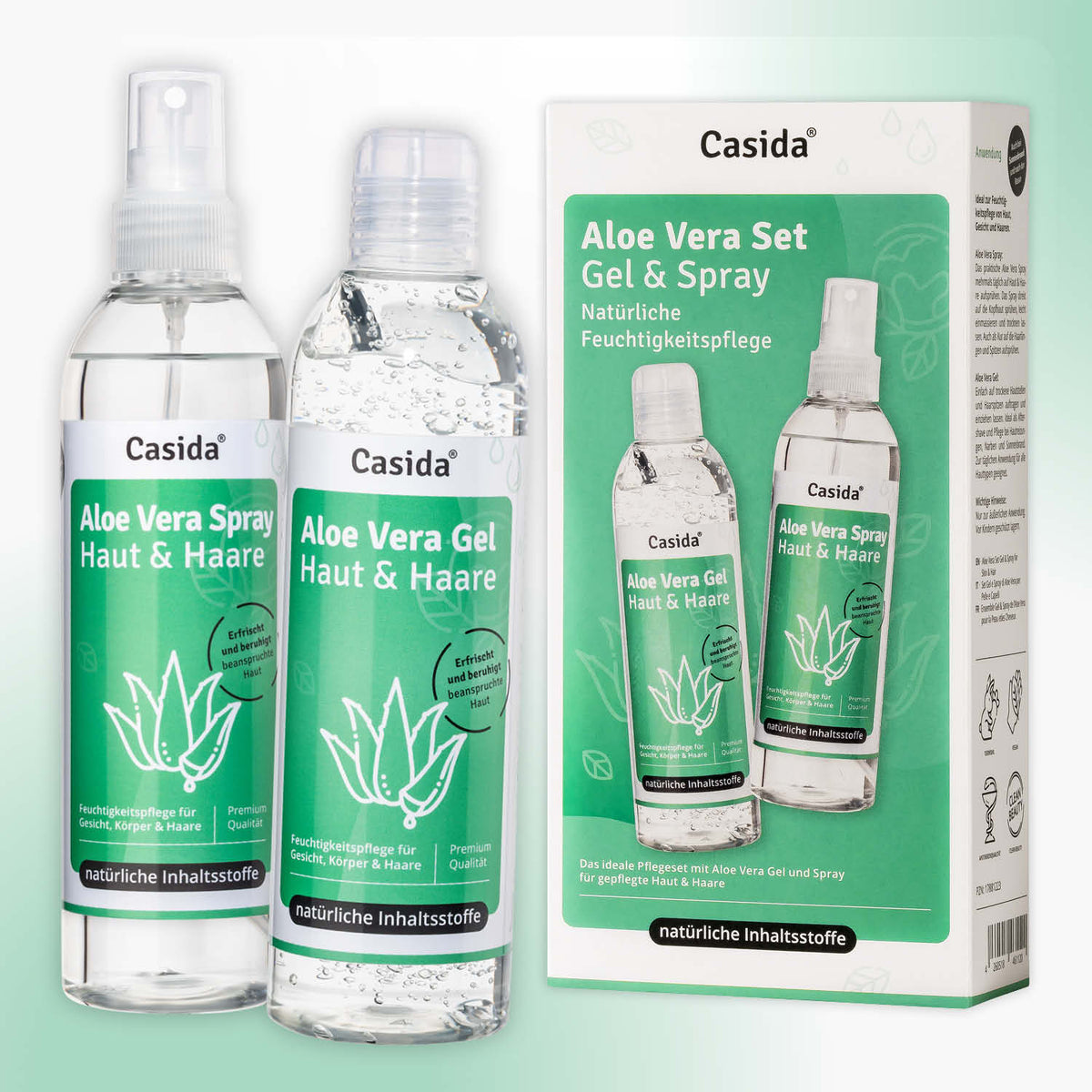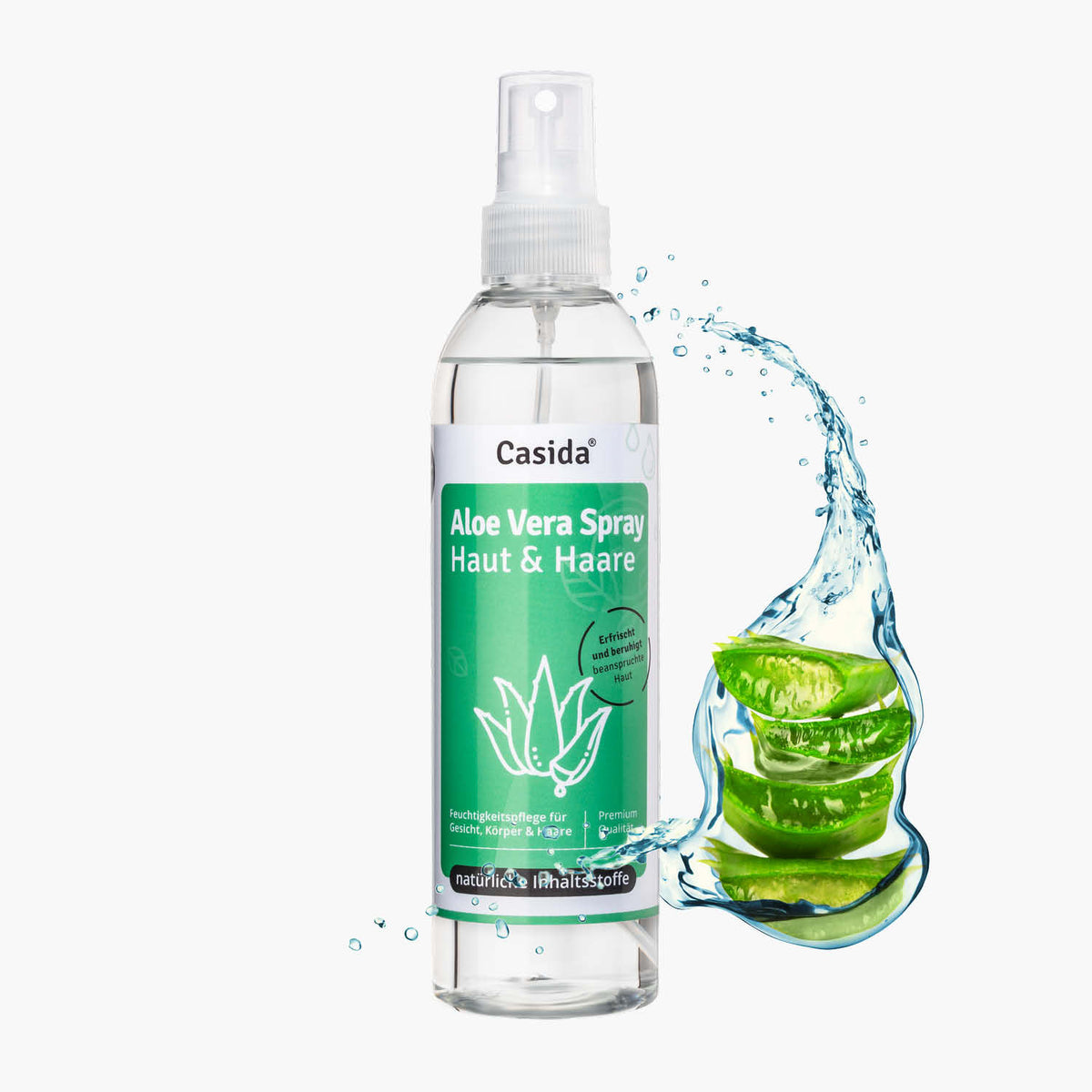Itching in the anus, also known technically as pruritus ani, can be very annoying. Those affected often find it uncomfortable to talk about this topic - but the good news is that in most cases the annoying anal itching has harmless causes and is easy to treat. However, caution is advised, as itching in the anus can also be a sign of other illnesses. Here you can find out what the causes of anal itching can be, what measures and home remedies can be used to alleviate the symptoms and when you should see a doctor.
Table of contents
1. what is anal itching?
The itchy discomfort at the beginning of the rectum and a few centimetres around the anal opening is known in medicine as "pruritus ani" and is not uncommon. After all, the area around the anus is a major target for irritation and itching. The reason for this is mechanical irritation during washing, moisture and possible stool residue. If, in addition to itching, there are also skin changes in the anus area, this is referred to as dermatitis or eczema. Doctors differentiate between acute or short-term symptoms and chronic anal itching that lasts longer than 6 weeks.
2 What can cause itching in the anus?
Anus itching can have very different causes. These include
- Intestinal diseases: Gastrointestinal infections, irritable bowel syndrome and the chronic inflammatory bowel diseases Crohn's disease and ulcerative colitis usually lead to persistent diarrhea, which in turn triggers itching in the anus. Another reason for the occurrence of anal itching can also be fecal incontinence.
- Hemorrhoidal disease: A very common trigger of anal itching is hemorrhoidal disease. Enlarged haemorrhoids irritate the sensitive skin around the anus and make the anus area wetter than normal, which leads to itching.
- Diabetes and other diseases: Metabolic diseases such as diabetes or thyroid disorders, renal insufficiency or HIV that weakens the immune system as well as certain forms of blood cancer can cause anal itching. The yeast Candida albicans is often the result.
- Inadequate or excessive hygiene: anal itching can be caused by both inadequate hygiene and excessive measures. Excessive cleaning with aggressive washing lotions or excessive rubbing can damage the skin's protective layer. Poor hygiene can also lead to itching due to the combination of stool residue and sweat.
- Medication: Prolonged use of antibiotics or cortisone preparations can also cause itching in the anus.
- Pinworms: Both children and adults can have pinworms that cause itching. These are particularly visible on the anus in the evening. This is a common cause of anal itching in children.
3. how can I treat anal itching?
When choosing the various treatment approaches for anal itching, you should always keep the causes in mind. The following tips will help you both treat and prevent itching in the anus:
- Adapt hygiene: Clean the sensitive area regularly with water and dry it thoroughly. Avoid wet toilet paper and aggressive washing lotions.
- Change your diet: Symptoms such as diarrhea or constipation can be alleviated by changing your diet. Avoid hot spices.
- Ointment, gel and spray: Special ointments and gels can help with itching as a result of haemorrhoids or infections. Casida's HämoCalm Repair & Protect contains natural ingredients such as cypress oil, coconut oil and lavender oil, which have a soothing effect.
4. which home remedies help with anal itching?
Certain home remedies can also help to relieve your symptoms more quickly:
- Black tea: a tea bag of black tea can relieve swelling and itching when placed lukewarm on the affected area.
- Tea mixture: A mixture of marigold, yarrow and camomile can help if drunk twice a day.
- Compresses: Compresses with witch hazel or calendula placed in boiled water on the anal area can also provide relief.
- Manuka honey: This has an anti-itching, anti-irritant and antibiotic effect when applied to the affected area.
- Sitz baths: Sitz baths with camomile, oak bark or marigold help to relieve itching.
5 When do I need to see a doctor?
In most cases, anal itching can be treated with appropriate measures and home remedies. However, if the itching in the anus does not go away on its own, you should definitely see a doctor. The annoying itching not only affects the quality of life of those affected, but can also be a sign of other illnesses. To rule out serious illnesses such as cancer in the bowel area, persistent itching in the anus should be checked out by a doctor.
Further links on the topic of hemorrhoids:
- Online course "Understanding haemorrhoids" by haemorrhoid expert Prof. Dr. Max Wunderlich on the self-help portal selpers https://selpers.com/kurs/haemorrhoiden-verstehen/
Important note / disclaimer: As pharmacists, we share our pharmaceutical expertise and wealth of naturopathic experience in the Casida guide. An individual diagnosis and consultation is necessary in every case. Therefore, this offer cannot replace medical advice. It is not intended to treat, cure or prevent any disease. It is not a substitute for medication or other treatments prescribed by a doctor.







